-
Out of stock
 Explore the history of art across the globe from prehistory to the present. You’ll analyze works of art through observation, discussion, reading, and research.
Explore the history of art across the globe from prehistory to the present. You’ll analyze works of art through observation, discussion, reading, and research. -
Out of stock
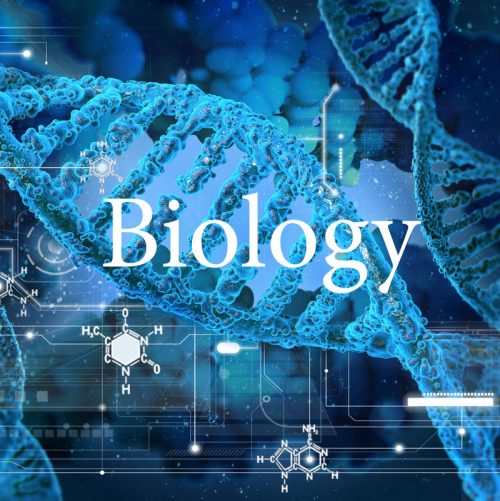 Study the core scientific principles, theories, and processes that govern living organisms and biological systems. You’ll do hands-on laboratory work to investigate natural phenomena.
Study the core scientific principles, theories, and processes that govern living organisms and biological systems. You’ll do hands-on laboratory work to investigate natural phenomena. -
Out of stock
 Explore the concepts, methods, and applications of differential and integral calculus. You’ll work to understand the theoretical basis and solve problems by applying your knowledge and skills.
Explore the concepts, methods, and applications of differential and integral calculus. You’ll work to understand the theoretical basis and solve problems by applying your knowledge and skills. -
Out of stock
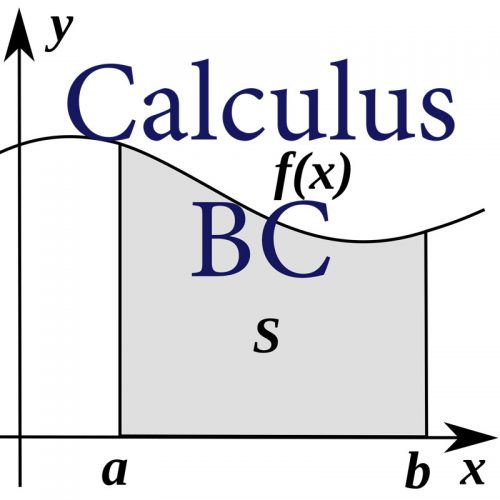 Explore the concepts, methods, and applications of differential and integral calculus, including topics such as parametric, polar, and vector functions, and series. You’ll perform experiments and investigations and solve problems by applying your knowledge and skills.
Explore the concepts, methods, and applications of differential and integral calculus, including topics such as parametric, polar, and vector functions, and series. You’ll perform experiments and investigations and solve problems by applying your knowledge and skills. -
Out of stock
 Learn about the fundamental concepts of chemistry including structure and states of matter, intermolecular forces, and reactions. You’ll do hands-on lab investigations and use chemical calculations to solve problems.
Learn about the fundamental concepts of chemistry including structure and states of matter, intermolecular forces, and reactions. You’ll do hands-on lab investigations and use chemical calculations to solve problems. -
Out of stock
 Develop your Mandarin Chinese language skills and learn about Chinese culture. You’ll practice communicating in Chinese and you’ll engage with real-life materials such as newspaper articles, films, music, and books.
Develop your Mandarin Chinese language skills and learn about Chinese culture. You’ll practice communicating in Chinese and you’ll engage with real-life materials such as newspaper articles, films, music, and books. -
Out of stock
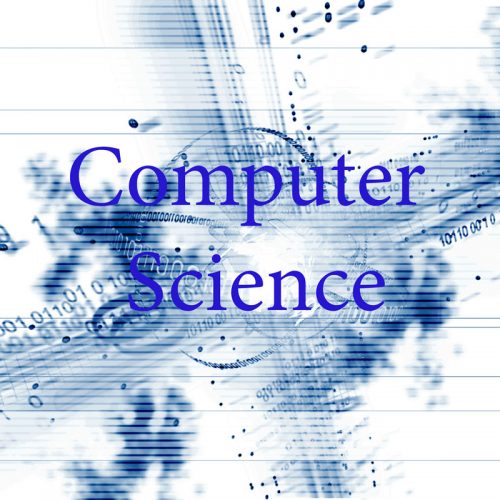 Get familiar with the concepts and tools of computer science as you learn a subset of the Java programming language. You'll do hands-on work to design, write, and test computer programs that solve problems or accomplish tasks.
Get familiar with the concepts and tools of computer science as you learn a subset of the Java programming language. You'll do hands-on work to design, write, and test computer programs that solve problems or accomplish tasks. -
Out of stock
 Learn the principles that underlie the science of computing and develop the thinking skills that computer scientists use. You’ll work on your own and as part of a team to creatively address real-world issues using the tools and processes of computation.
Learn the principles that underlie the science of computing and develop the thinking skills that computer scientists use. You’ll work on your own and as part of a team to creatively address real-world issues using the tools and processes of computation. -
Out of stock
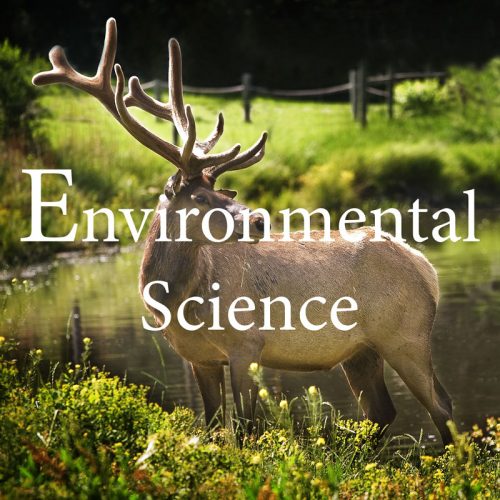 Explore and investigate the interrelationships of the natural world and analyze environmental problems, both natural and human-made. You’ll take part in laboratory investigations and field work.
Explore and investigate the interrelationships of the natural world and analyze environmental problems, both natural and human-made. You’ll take part in laboratory investigations and field work. -
Out of stock
 Develop your French language skills and learn about the cultures in French-speaking parts of the world. You'll practice communicating in French and study real-life materials such as newspaper articles, films, music, and books.
Develop your French language skills and learn about the cultures in French-speaking parts of the world. You'll practice communicating in French and study real-life materials such as newspaper articles, films, music, and books. -
Out of stock
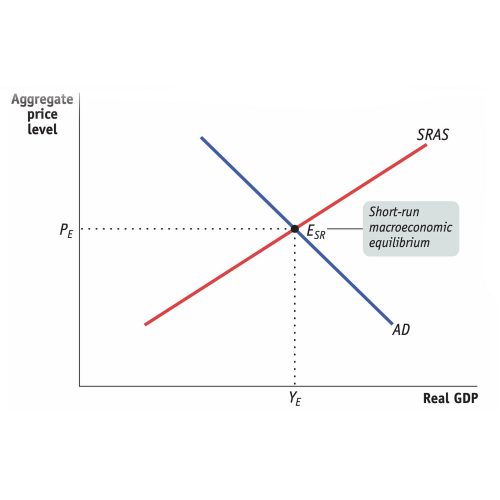 Explore the principles of economics that apply to an economic system as a whole. You’ll use graphs, charts, and data to analyze, describe, and explain economic concepts.
Explore the principles of economics that apply to an economic system as a whole. You’ll use graphs, charts, and data to analyze, describe, and explain economic concepts.

